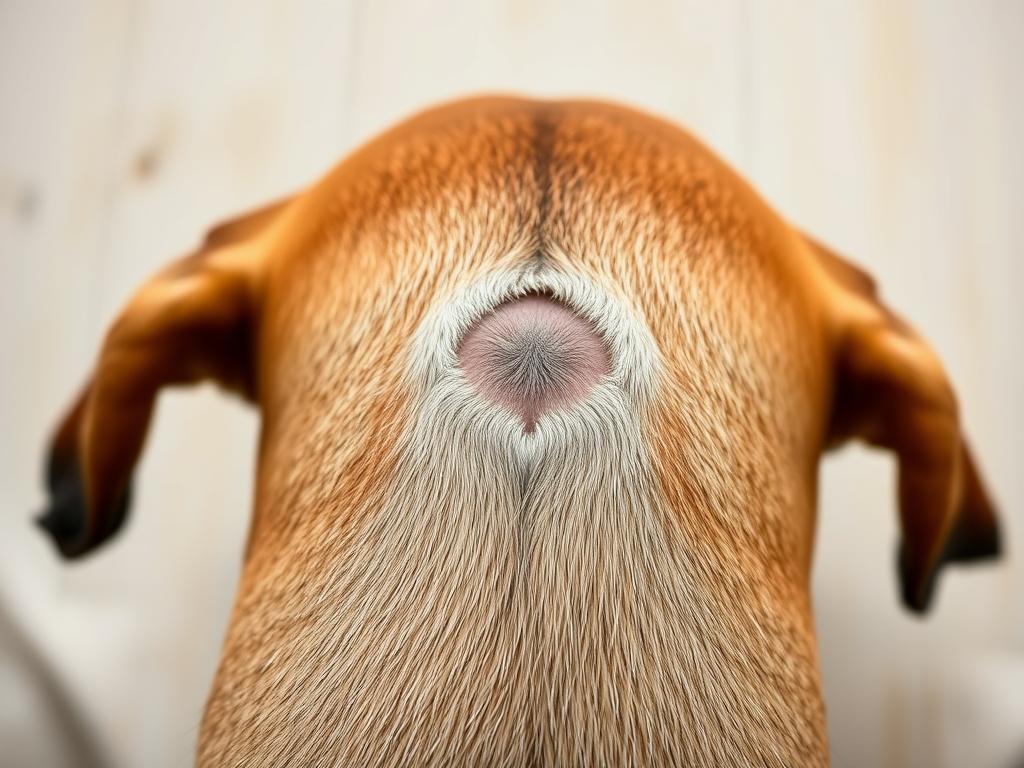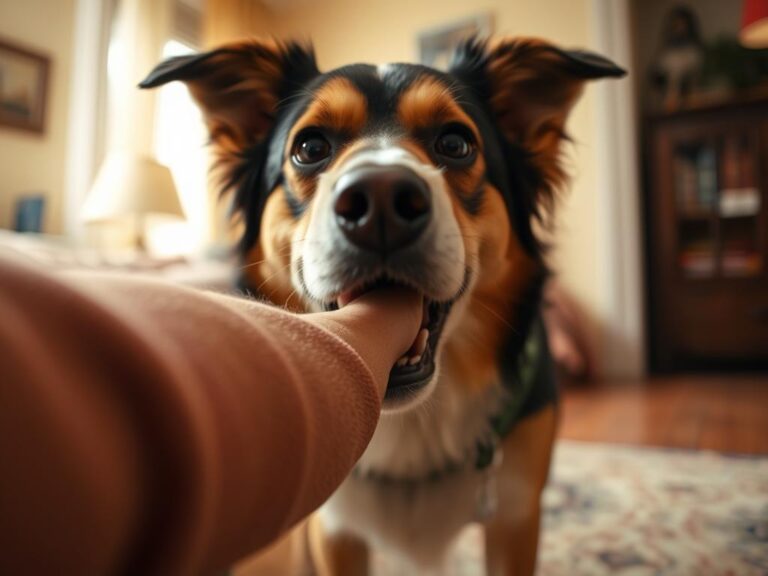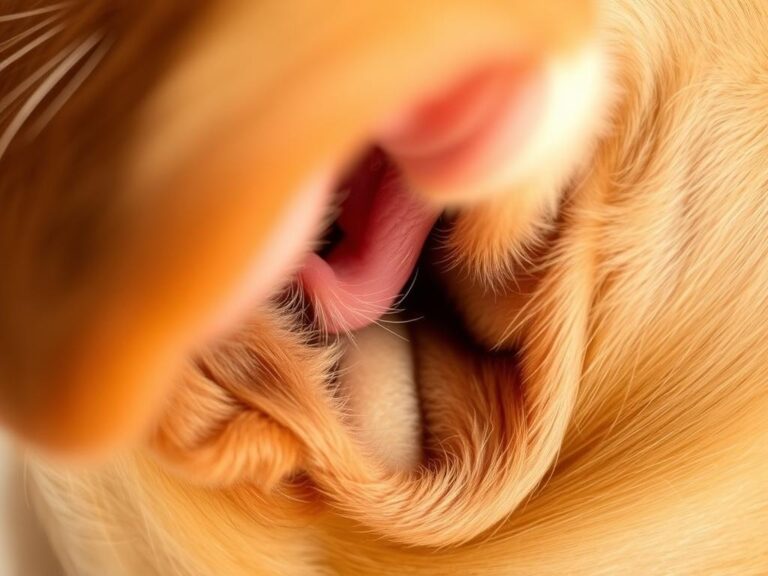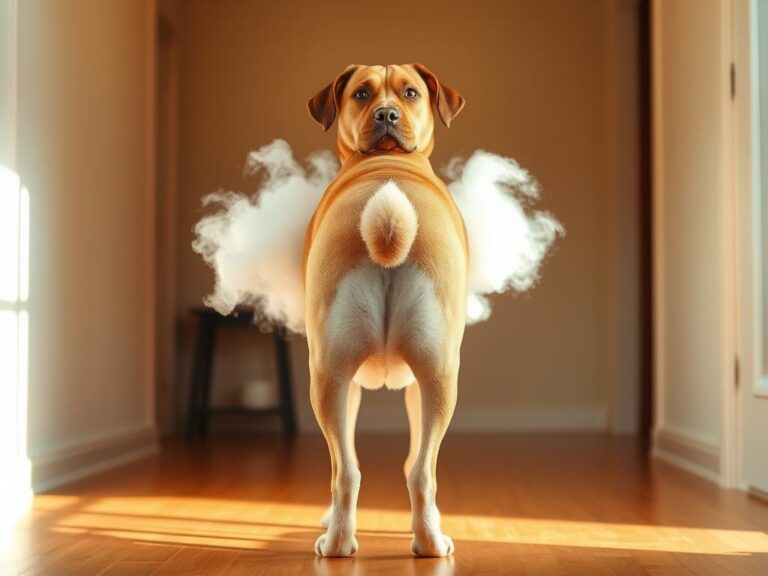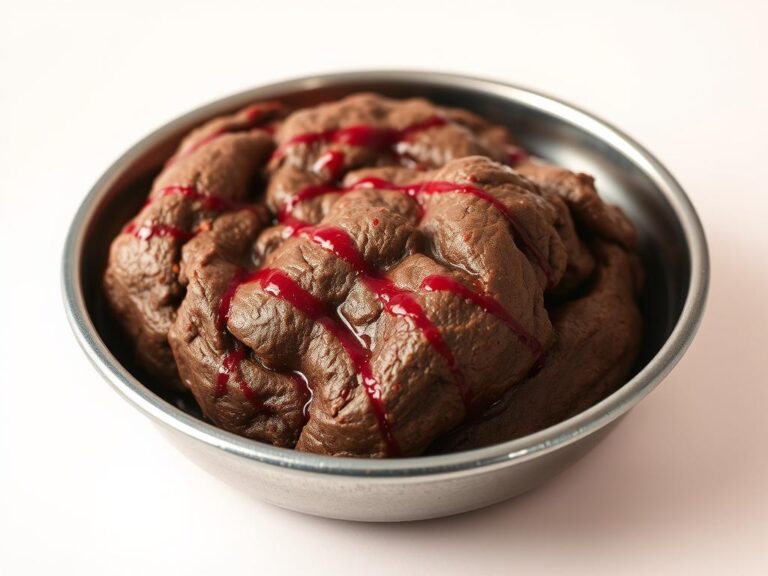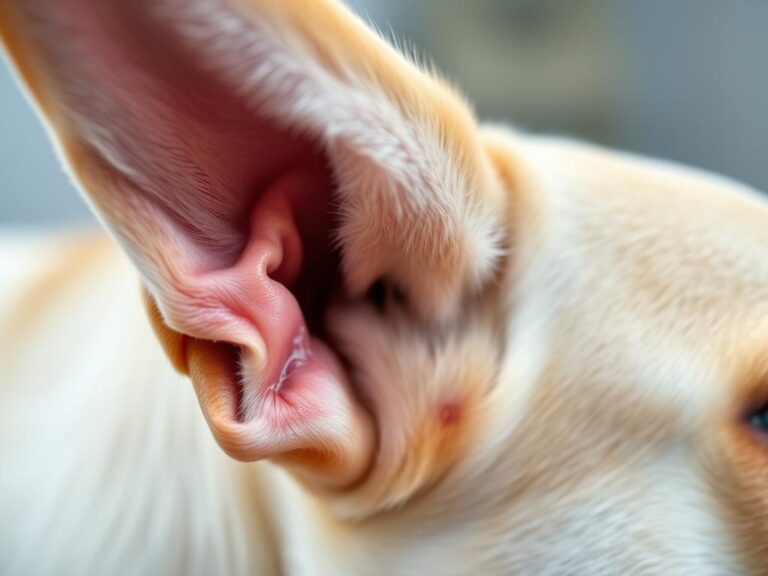Banish Dog Gland Smell: A Step-by-Step Guide
Unpleasant odors from your dog can be embarrassing and concerning. One common issue is dog anal gland smell, which can be a sign of an underlying problem. Addressing this issue is crucial for your dog’s health and your comfort.
Fortunately, there are effective ways to remove dog gland odor and improve your dog’s overall hygiene. Using natural supplements like Mokai Vital Probiotic can help support gut health, reducing unpleasant smells. By understanding the causes and implementing the right solutions, you can banish dog gland smell for good.
This guide will walk you through a step-by-step process to tackle this issue, ensuring a fresher and healthier environment for both you and your dog.
Understanding Dog Anal Gland Issues
Understanding the role of anal glands in dogs is crucial for addressing related odor issues. Dog anal glands, also known as anal sacs, are small, grape-sized sacs located on either side of a dog’s anus. These glands play a significant role in a dog’s scent marking and communication.
What Are Dog Anal Glands and Their Function
Dog anal glands produce a pungent, oily secretion that is used for marking territory. When a dog defecates, the pressure normally causes the glands to express, releasing this secretion. The secretion is a key component in canine communication, conveying information about identity, sex, and reproductive status. For more detailed information on dog anal glands, you can visit Love My Dogz.
Why Dog Anal Glands Cause Odor Problems
Despite their important function, dog anal glands can be a source of odor problems. Issues arise when the glands become impacted, infected, or abscessed. Impaction occurs when the secretion becomes too thick to be expressed normally, leading to a buildup. Infection can happen when bacteria enter the gland, causing inflammation and a foul smell. Regular maintenance and understanding the signs of anal gland issues are crucial for preventing these problems.
Factors contributing to anal gland issues include diet, genetics, and overall health. Some dogs are more prone to these issues due to their anatomy or breed characteristics. Recognizing the signs of anal gland problems early on can help in addressing them before they become severe.
Identifying Dog Gland Smell Problems
Recognizing the signs of anal gland issues in dogs is crucial for addressing the problem effectively. Dog owners should be vigilant about changes in their pet’s behavior and any unusual odors.
Common Signs Your Dog Has Anal Gland Issues
Several signs may indicate that your dog is experiencing anal gland issues. These include:
- Scooting or dragging their rear end on the ground
- Excessive licking or biting at the anal area
- A strong, fishy odor from the rear end
- Swelling or redness around the anus
- Discomfort or pain during defecation
If you notice any of these symptoms, it’s essential to investigate further to determine the cause.
Differentiating Gland Smell from Other Pet Odors
Distinguishing between anal gland smell and other pet odors can be challenging. However, anal gland odor is typically characterized by a strong, pungent, fishy smell.
| Odor Type | Characteristics | Possible Causes |
|---|---|---|
| Anal Gland Odor | Strong, fishy smell | Anal gland impaction or infection |
| Skin Odor | Mild, earthy or musty smell | Skin infections or allergies |
| Ear Odor | Strong, yeasty smell | Ear infections |
As illustrated in the table, understanding the characteristics of different odors can help you identify the source of the smell.
By being aware of these signs and characteristics, you can take the first step towards addressing your dog’s anal gland issues.
How to Get Rid of Dog Gland Smell at Home
The unpleasant odor caused by dog anal gland issues can be distressing for both dogs and their owners. Fortunately, there are several steps you can take at home to alleviate this problem.
Safely Expressing Dog Anal Glands at Home
Expressing your dog’s anal glands at home can be an effective way to reduce gland smell. However, it’s crucial to do this safely to avoid causing your dog unnecessary pain or infection.
Step-by-Step Gland Expression Technique
To express your dog’s anal glands, you’ll need to follow a specific technique:
- Gently lift your dog’s tail and locate the anal glands, which are situated on either side of the anus.
- Using a gloved hand or a cloth, apply gentle pressure to the glands to release the fluid.
- Be prepared for a strong odor and potential discomfort for your dog if the glands are impacted.
Safety Precautions and Warnings
Warning: If you’re unsure or uncomfortable expressing your dog’s anal glands yourself, consider seeking help from a professional, such as a vet or a dog groomer. For more information on dog anal glands, you can visit this resource.
Bathing Techniques After Gland Expression
After expressing your dog’s anal glands, bathing is an essential step to remove any remaining bacteria and odor. Use a mild dog shampoo and warm water, paying extra attention to the anal area.
Removing Gland Smell from Different Surfaces
Dog gland smell can linger on various surfaces, requiring specific cleaning techniques to eliminate.
Fabric and Upholstery Solutions
For fabrics and upholstery, use a mixture of baking soda and water to create a paste. Apply this paste to the affected area, let it sit for a few hours, and then wash as usual.
Hard Surface Cleaning Methods
For hard surfaces, a solution of equal parts water and white vinegar can be effective. Spray the solution onto the surface, let it sit for a few minutes, and then wipe clean.
| Surface Type | Cleaning Method |
|---|---|
| Fabric/Upholstery | Baking soda paste |
| Hard Surfaces | Water and white vinegar solution |
By following these steps and techniques, you can effectively reduce dog gland smell at home. Remember, if the problem persists, it’s always best to consult with a veterinary professional.
Professional Solutions for Persistent Gland Odor
Persistent anal gland odor in dogs can be a sign of an underlying issue that requires professional attention. While home remedies can provide temporary relief, recurring problems often necessitate a more comprehensive approach.
When to Seek Veterinary Help
If your dog’s anal gland issues persist or worsen despite trying home remedies, it’s crucial to seek veterinary help. Signs that indicate the need for professional assistance include:
- Persistent or recurring anal gland odor
- Visible discomfort or pain during defecation
- Swelling or redness around the anal gland area
- Discharge or bleeding from the anal glands
Your veterinarian can assess the situation and provide guidance on the best course of action.
Professional Gland Expression Procedures
Veterinary clinics offer professional gland expression procedures that are safer and more effective than attempting the process at home. These procedures involve:
- A thorough examination to assess the anal gland condition
- Manual expression of the anal glands using specialized techniques
- Post-procedure care instructions to prevent future issues
Professional gland expression can provide immediate relief and help prevent complications.
Medical Treatments for Chronic Gland Issues
In cases of chronic anal gland problems, your veterinarian may recommend medical treatments to address underlying conditions. These can include:
- Antibiotics to treat infections
- Anti-inflammatory medications to reduce swelling
- Dietary changes to manage anal gland health
By addressing the root cause of the issue, medical treatments can help alleviate symptoms and improve your dog’s quality of life.
Preventing Future Dog Gland Smell Problems
A comprehensive strategy involving diet, exercise, and grooming can help prevent future dog gland smell problems. By making a few simple adjustments to your dog’s lifestyle, you can significantly reduce the occurrence of anal gland issues.
Dietary Changes That Help Reduce Gland Issues
Diet plays a crucial role in maintaining your dog’s anal gland health. Certain foods can help prevent gland issues, while others can exacerbate the problem.
Fiber-Rich Foods and Supplements
Incorporating fiber-rich foods into your dog’s diet can help promote healthy digestion and reduce the risk of anal gland problems. Consider adding psyllium husk or beet pulp to their meals.
Foods to Avoid
Some foods can irritate your dog’s digestive system, leading to anal gland issues. It’s best to avoid giving your dog high-fat foods or foods with artificial additives.
| Food Type | Effect on Anal Gland Health |
|---|---|
| Fiber-Rich Foods | Promotes healthy digestion, reduces risk of anal gland problems |
| High-Fat Foods | Can irritate digestive system, leading to anal gland issues |
Exercise and Weight Management Benefits
Regular exercise and maintaining a healthy weight are crucial for your dog’s overall health, including their anal gland health. Exercise can help stimulate bowel movements, reducing the risk of gland impaction.
For example, a 30-minute walk each day can make a significant difference in your dog’s digestive health.
Regular Maintenance Routines
Establishing a regular maintenance routine can help prevent anal gland problems. This includes grooming practices and monitoring your dog’s health.
Grooming Practices
Regular grooming can help identify any potential issues early on. Pay attention to your dog’s anal area and check for any signs of irritation or infection.
Monitoring Your Dog’s Health
Keep an eye on your dog’s overall health, including their appetite, stool quality, and energy levels. Any changes could indicate an underlying issue that needs attention.
Conclusion
Understanding and addressing dog anal gland issues is crucial for maintaining your dog’s overall health and preventing unpleasant odors. By following the steps outlined in this guide, you can effectively banish dog gland smell and reduce the risk of future problems.
Preventing dog gland smell requires a combination of proper anal gland care, a balanced diet, regular exercise, and routine maintenance. By incorporating these elements, you can help ensure your dog’s anal glands function correctly, reducing the likelihood of odor issues.
Maintaining dog health involves being proactive about potential anal gland problems. Regularly checking for signs of issues, keeping your dog’s living areas clean, and seeking veterinary help when needed are all essential for preventing dog gland smell and promoting overall canine well-being.
By taking a comprehensive approach to anal gland care and dog health, you can enjoy a healthier, happier relationship with your pet, free from the concerns of gland-related odors.
